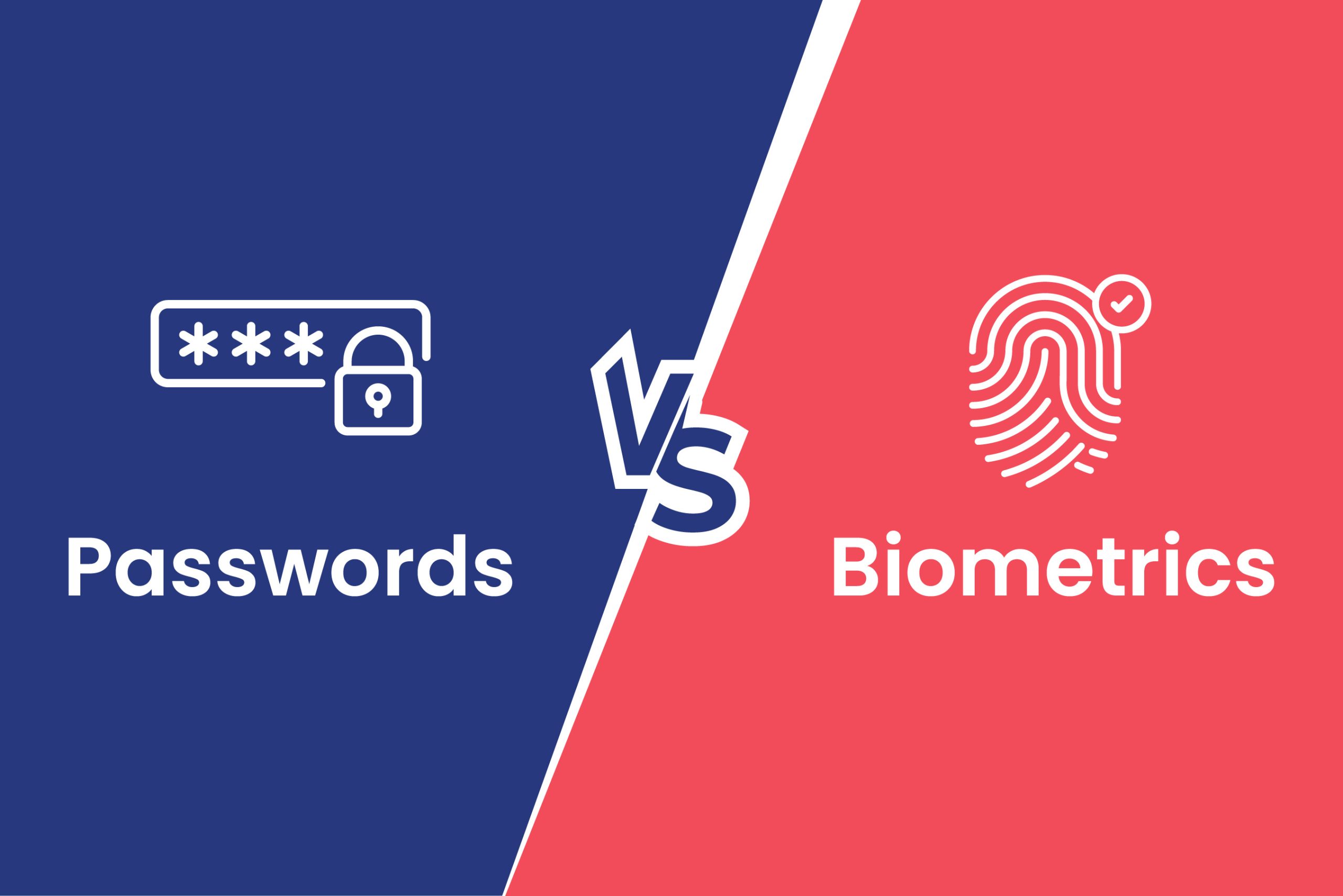Ethical Implications with Biometrics

Today, technology wields enormous power. Given its power, it bears a slew of ethical obligations and acts in a variety of ways when it comes to technology application. In digital ethics, the implications of implementation for businesses, customers, governments, and society are also considered. As technologies continue to emerge and grow, we as professionals must stay ahead of the curve in order to prevent unethical technological practices. Within the technological industry it is extremely important that the best practices of ethics are applied. For example, some of those best practices could be gaining customer consent, maintaining personal privacy, and preventing harmful actions from occurring such as threats or possible security breaches from occurring. With new technologies, we are seeing a significant increase in biometrics across the board. Biometrics are physical and behavioral characteristics that can be used to digitally identify a person. Some examples of biometrics include Face ID (facial recognition), Fingerprint and Palm Print, Iris Recognition, Voice Recognition, and more.
Advantages of Biometrics:
- Non-Transferrable: Each person has their own distinct characteristics.
- Spoof Proof: Cannot be misplaced, forgotten, forged, or stolen.
- Accountability: A trail can be used to audit transactions.
- Security: When combined with personal information, privacy is enhanced. Disadvantages of Biometrics:
- Costly: Significantly expensive and a large investment is needed.
- Data Breaches: Databases within biometrics can be hacked.
- Tracking and Data: Limits privacy for users
As biometrics becomes a rising innovation technology, it is transforming our world into a future of passwordless login. Although, there is a multitude of different types of ethical issues that arise when dealing with biometric data including bias, privacy and personal information, regulation of data, and more.
Biometrics ethical concepts include:
- Do not harm: Biometrics organizations must avoid actions that harm people or the environment.
- Respect for personal data: When shared, stored, and processed, personal data must be respected and treated with care.
- Justice and accountability: Biometrics should be open, transparent, and accountable.
- Technology: Biometric technology should benchmark quality and include accuracy, error detection, and repair systems.
- Human rights: Biometric development should align with human rights.
- Equality: Biometric technology should not discriminate based on religion, age, gender, race, sexuality, or others.
Ethical Concerns:
- Hackers may breach the system and steal data that is ineffectively secured
- Stolen identity
- A “false positive” occurs when the system incorrectly matches the input to a template that does not exist.
Finally, biometrics are a new technology that allows users to log into a password-free future by using their physical identity. Face ID (facial recognition), Fingerprint and Palm Print, Iris Recognition, Voice Recognition, and other biometric methods are available. Having said that, our identities and private information are stored within the system, raising a number of ethical and privacy concerns.





